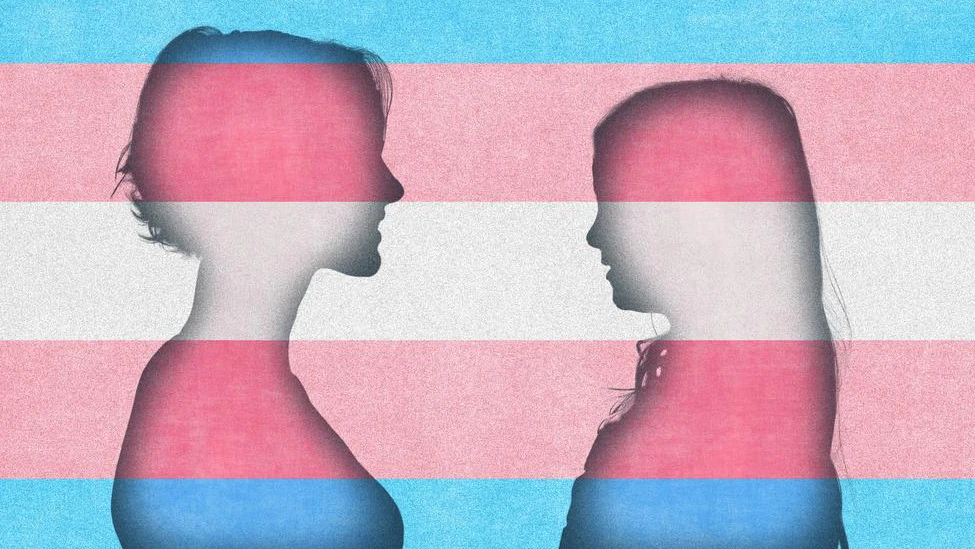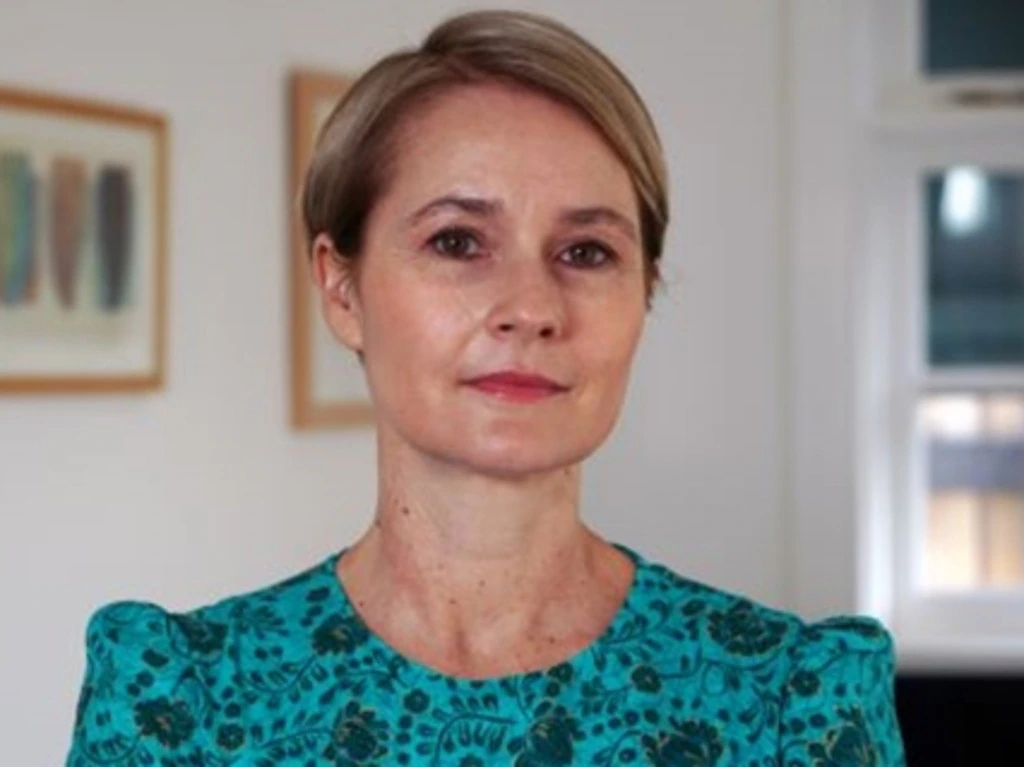The public should know why gender-affirming care became the dominant practice in Australia without good quality evidence to support it.

Medicalised gender change for distressed minors, driven by puberty blockers and cross-sex hormones, is experimental treatment. Since 2019, jurisdictions as different as Finland, Florida, Sweden and England have independently put these hormonal treatments to the gold-standard test; in each case, systematic reviews of the evidence have shown it to be very weak and uncertain.
So, there is no good-quality evidence to claim that paediatric medical transition benefits mental health, let alone prevents suicide. The known risks include brittle bones, cardiovascular problems, loss of fertility, sexual dysfunction and potential harm to the brain. And yet children’s hospitals and clinics across Australia continue to promote “gender-affirming care” as lifesaving. How was this allowed to happen? The public deserve an answer.
We know this treatment was introduced as routine, bypassing the safeguard of clinical trials. The innovator was the gender clinic of the Royal Children’s Hospital Melbourne, which launched radical treatment guidelines in 2018. Misleadingly badged as “Australian standards”, these low-quality guidelines have nonetheless become the de facto national blueprint for gender clinicians. There are serious questions whether normal governance processes were followed at RCH — or at myriad other institutions that proudly stated their adherence to the guidelines.
Journalists, judges and dodgy suicide statistics helped speed the adoption of this treatment model. Many media outlets, especially the ABC, showcased gender clinics as a human rights cause, failing to scrutinise the “affirmative” approach for coherence or evidence. In the famous 2017 case re Kelvin, the Family Court gave its imprimatur to the incorrect claim by RCH that “advances in medical science” meant the judges could safely wind back their supervision of treatment decisions for minors.
Until recently, it was hard to find a single Family Court case in which the judges had decided a child was simply incapable of consenting to puberty blockers, cross-sex hormones or a double mastectomy. And then, in April, the court handed down its ruling in re Devin, ordering that this 12-year-old boy be protected from puberty blockers at an unnamed children’s hospital gender service. Justice Andrew Strum’s decision in re Devin is the first detailed analysis by an Australian court of the fundamental flaws of the gender-affirming medical model. He was sharply critical of the doctor anonymised as “Associate Professor L”, who described herself as “an advocate for trans rights”.
Today, the judge agreed with lawyers for The Australian that lifting the cloak of anonymity would serve the public interest. Associate Professor L is paediatrican Michelle Telfer and the gender service caught up in the case is the pride of RCH. Parents contemplating a visit to this Melbourne clinic — or any members of the public troubled by an unfolding medical scandal — are entitled to know the target of Justice Strum’s criticism.
His account, informed by expert witnesses and case notes, is that RCH did not carry out the kind of comprehensive assessment that might have detected autism in Devin, failed to make a diagnosis of gender dysphoria until the eve of the court trial, and its only treatment was a single medical pathway beginning with puberty blockers — contrary to all its public relations rhetoric about multidisciplinary care.

Justice Strum chastised Dr Telfer for allowing her trans advocacy to trump her duty as an objective witness in court. He said it was “of considerable concern” that, in defiance of gaps in the evidence, the RCH clinic continued to promote puberty blockers as “reversible”. He found Dr Telfer unable to cogently defend her belief that very young children have an “immutable” gender identity, without which medical intervention is hard to justify. Findings such as these should be known to any parent whose child is offered a referral to RCH. Is the same child-led “identity rights” medicine practised at all the other children’s hospitals and clinics signed up to the 2018 RCH treatment guideline?
It is not a personal attack to name Dr Telfer or examine her role. In 2020, RCH claimed The Australian’s coverage of the issues was “targeted, personal, inflammatory and unprecedented,” but could not provide a single example.
For some years, Dr Telfer courted uncritical media publicity. She was named in the celebratory re Kelvin ruling. She has been the central figure in the institution of gender-affirming care in Australia. When The Australian began its scrutiny of RCH, Dr Telfer was director of the country’s most influential gender clinic, first author of the de facto national guidelines and president of the activist Australian Professional Association for Trans Health; a recipe for conflicts of interest.
Dr Telfer is still at RCH, as chief of medicine, and is still promoted on the gender clinic website. Just as she accepted plaudits in the past, she must be held accountable now.
Bernard Lane, a former journalist at The Australian, publishes Gender Clinic News.
Source: The Australian
https://archive.is/WQ0a1#selection-829.0-847.82
or
